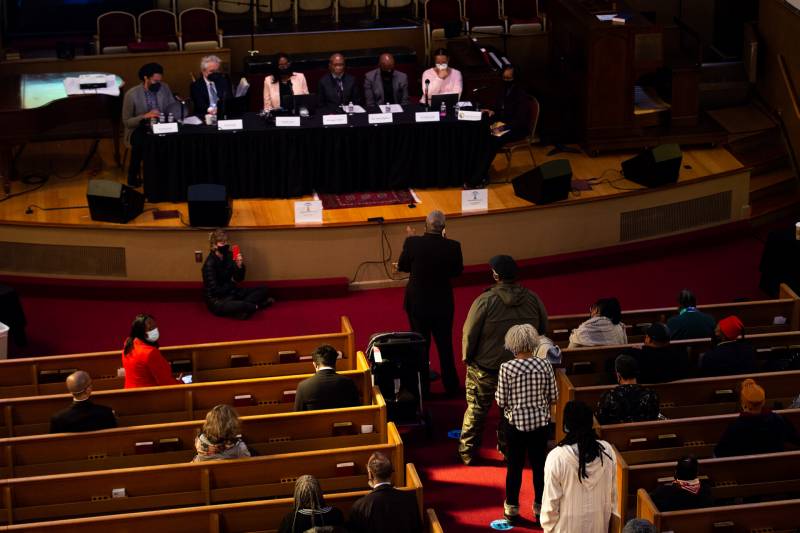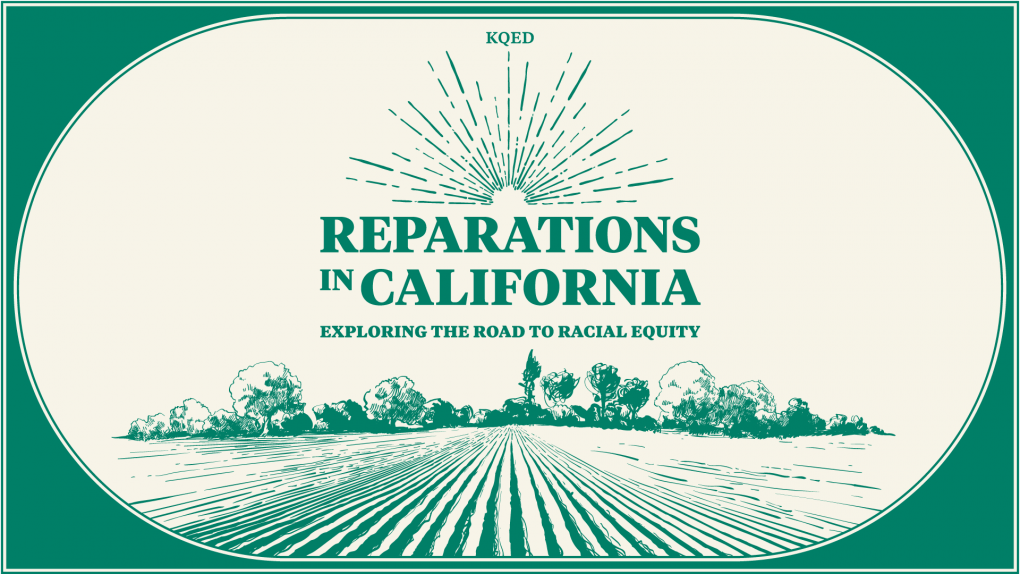California’s Reparations Task Force on Wednesday released its first of two reports detailing the state’s history of slavery and racism, while also recommending how lawmakers might begin a process of redress for Black Californians by offering subsidies like housing grants, free tuition and minimum-wage increases.
The 500-page study describes decades of state and federal government actions that harmed Black Americans — from slavery to more recent redlining, mass incarceration, police actions and the widening wealth gap between Black people and white people.
After a Minneapolis police officer killed George Floyd two years ago, sparking nationwide protests, Gov. Gavin Newsom in 2020 signed legislation establishing the task force to study and develop a plan for reparations in the state. The law gave “special consideration” to Black residents in the state who are the direct descendants of enslaved people.
The task force report proposes dozens of recommendations, including that the Legislature “implement a comprehensive reparations scheme.” The final details — including the exact monetary amount of compensation and the number of Black Californians eligible — will be in a second report due to the Legislature by July 2023.
The task force recommends establishing 10 new state government offices to oversee administration of reparations, including an Office of African American/Freedmen Affairs to help people file claims for compensation and an Office of Freedmen Genealogy to help people prove their eligibility.
From slavery to the KKK
It’s unclear how many people would qualify for reparations. The task force estimates that, despite California’s antislavery constitution, about 1,500 enslaved Black people were living in the state in 1852.

